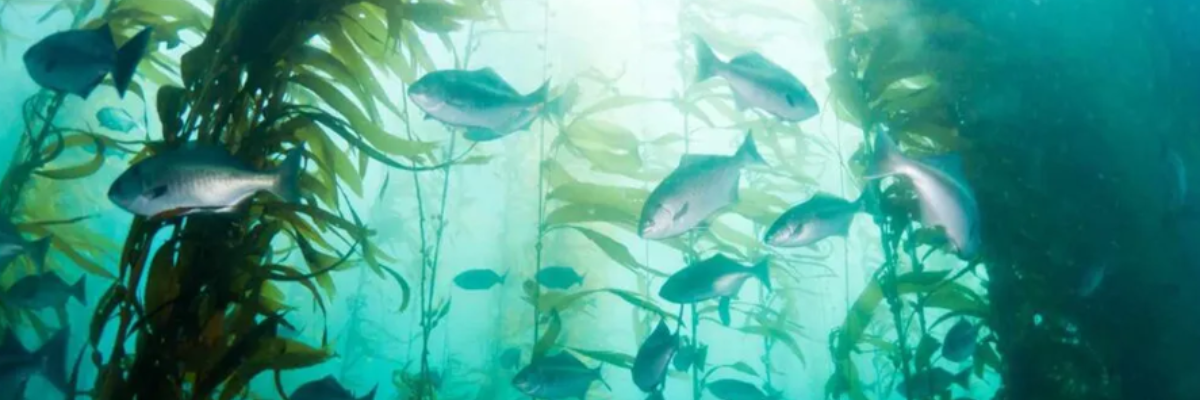Plastic Soup Foundation | Our Mission
‘Foundations for Ocean Health’, a new regular online feature from METSTRADE.
Welcome to this series of blogs, in which we plan to feature several organisations that are dedicating their efforts towards preserving our seas and waterways.
First up, is Amsterdam based Plastic Soup Foundation, who took their inspiration from a sailor. Captain Charles Moore was the man who coined the term "Plastic Soup' back in 1997, when he sailed from Hawaii to Southern California. During the passage through the gyre in the Northern Pacific Ocean, he observed much more floating plastic in that location than in other parts of the ocean.
Text: Peter Franklin
No plastic in our water or our bodies!
Our motto is: ‘No plastic in our water or our bodies!’ It is at the core of all our efforts.
Until quite recently, the problem of plastic soup was a completely unknown phenomenon for nearly everyone. But when Maria Westerbos, our director, heard about it in 2009, she immediately decided to end her career as a TV producer. She started from her kitchen table
what was to become the Plastic Soup Foundation (PSF). Since then, the Plastic Soup Foundation has become, according to the international press, ‘one of the leading advocacy groups to tackle plastic pollution in the world.’
Science is fundamental
There are many interests at stake in the debate about the causes and consequences of plastic soup. We have to determine our position in this debate, and we are continually seeking further discussion. Our arguments are always factual and focused on solutions.Operating in this field and being taken seriously means two things: remaining independent and listening to science. This formula has proven successful; we are one of the leaders in the field of advocacy against microplastics in cosmetics and textiles, and we organized the world’s first summit on the relationship between plastics and our health.
Science is at the forefront of everything we do!
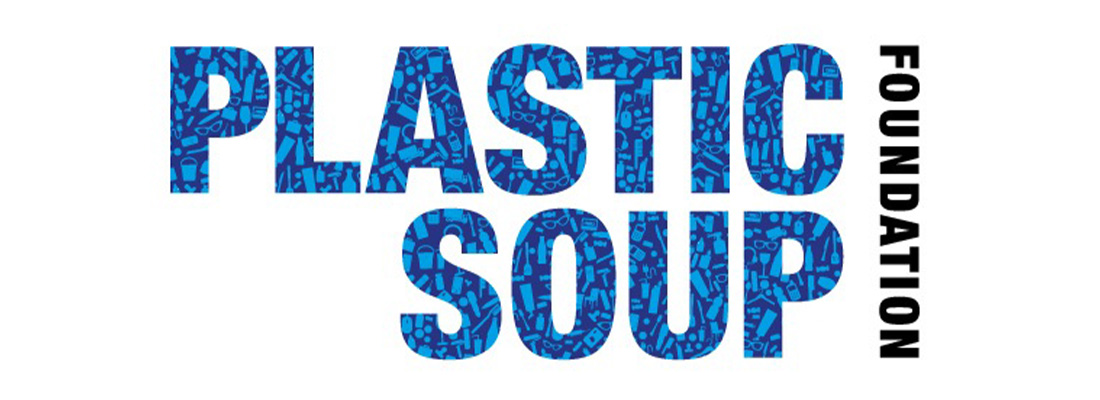
Our Mission
Our mission is not to clean up plastic but to prevent plastic from ending up in the sea, or rather anywhere in the environment. The plastic problem must be tackled at the source. This means that an absolute reduction in the use of plastic (especially single-use packaging plastic) is necessary. That we must prevent plastic from ending up in the environment (where it never decays) and that it must be recognized that plastic leads to a range of health problems.
Scientific knowledge about plastic pollution has grown enormously in recent years. It is no longer just about plastic in the ocean or the environment, but also about the harmful effects of plastic in our bodies. We eat, drink, and breathe in plastic, every moment of the day.
Three pillars
Our activities and campaigns are based on three pillars: be aware, get educated, and find solutions.
Be aware: We continuously bring attention to the plastic soup. It concerns one of the biggest environmental problems of our time for which the world needs to find solutions as quickly as possible. We do this through campaigns, news reports, and social media. We are also happy to work with anyone who supports this mission.
Get educated: Anyone who wants to learn more about the plastic soup is at the right address at PSF. First of all, we have published the Plastic Soup Atlas of the World, and we have just launched a brand new website with everything you ever wanted to know about plastic waste and environmentally friendly alternatives. We have also developed the first education program in the world, especially for children on the plastic soup problem. Primary schools can order the educational pack free of charge. What’s more, we work together with experts, politicians, organizations, universities, and companies which have similar missions or visions.
Find solutions:We stimulate all conceivable (innovative) solutions that help to fight the plastic soup. Measures that prevent plastic from ending up in the environment are the most important. Think of the reduction of single-use packaging plastic, the introduction of a deposit scheme, or the development of a Plastic Footprint scan for companies.
Attacking plastic soup from all angles
With these three pillars and science on our side, we have introduced campaigns that attack the plastic pollution problem from all angles.
Microplastics: Our campaigns cover the microplastics issue in cosmetics and textiles. Beat the Microbead is one of our oldest and most successful campaigns. We fight against the use of plastic ingredients used in personal care and cosmetics products since 2012.
Microfibers: With the Ocean Clean Wash campaign, we were one of the first organizations in the world to bring the problem of microfiber release from clothes and washing machines on the map.
Macroplastics: We tackle the problem of macroplastics: our organization tracks the waste that ends up in Dutch rivers. The goal of the Clean Rivers campaign is to gain more insight into the amounts, composition, and source of the trash found along waterways. The Netherlands has never seen such extensive research into river waste with the help of ‘citizen science’: data collection for research purposes by volunteers.
World Cleanup Day: We organize the largest cleaning-up action in the Netherlands every year on World Cleanup Day. On this day, we not only encourage to clean-up neighborhoods and cities but also to collect data of the rubbish that’s found and picked up. This way, we can hold the polluting companies and local governments responsible for the littered streets and environments.
Health: Plastic is not only a serious threat to the environment but perhaps also to our health. We eat, drink, and breathe plastic, allowing tiny particles of plastic to penetrate our bodies. We already know that the chemicals added to plastic can be slightly to very harmful to our bodies. There appears to be a connection with fertility problems, language development disorders, cancer, obesity, and ADHD. But we cannot say this for sure. Therefore: how dangerous is plastic? What are the possible consequences for our health? We are seriously concerned! For this reason, we, together with leading scientists, frontrunners, and changemakers, have taken the initiative to create a new alliance: The Plastic Health Coalition.
Summit: On 3 October 2019, in collaboration with the Dutch organization ZonMw and the Plastic Health Coalition, we organized the Plastic Health Summit, a major conference on the human health effects of plastic. Scientists presented the first research results on the impact of plastic particles on human health. We want to continue our efforts to push for more research on the effects of plastics on our health.
This is Plastic Soup Foundation in a nutshell. Please join us in our mission and our battle for a future without plastic waste and plastic additives in our bodies. We – both animals and humans – deserve a healthy future!
Share your stories on leisure marine industry with us
Do you have an innovation, research results or an other interesting topic you would like to share with the leisure marine equipment industry? The METSTRADE website and social media channels are a great platform to showcase your stories! Let us know via metstrade@rai.nl
Are you a METSTRADE exhibitor?
Make sure you add your latest press releases to your Company Profile in the Exhibitor Portal for free exposure.
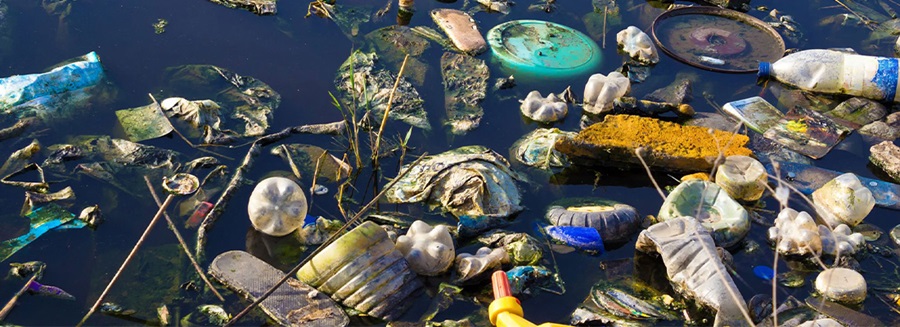
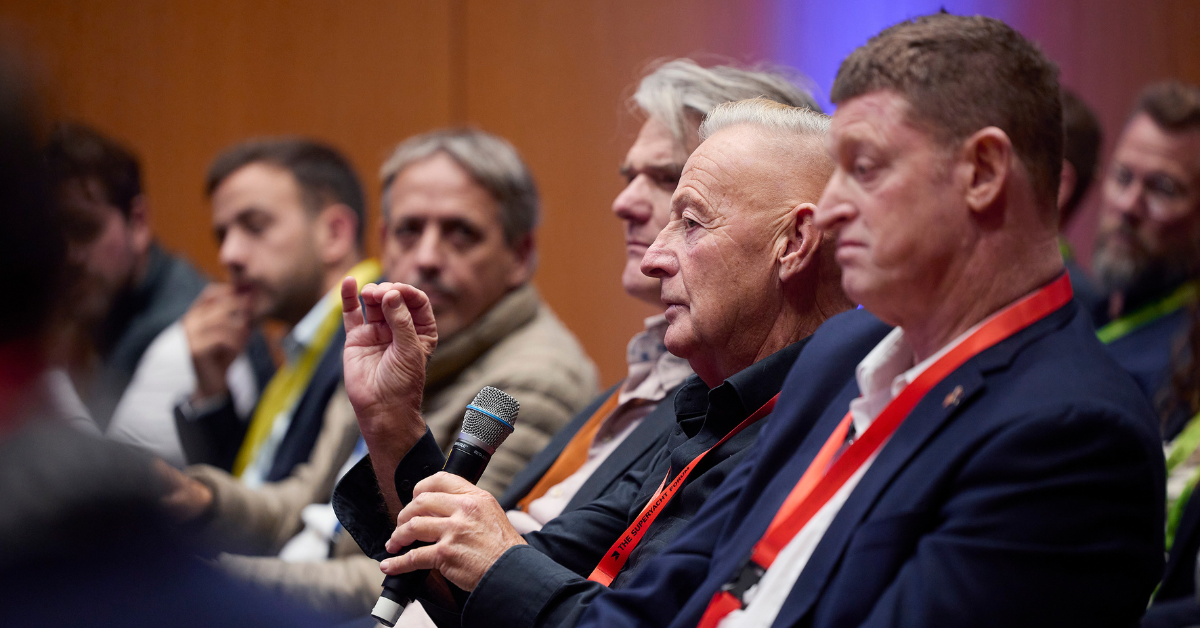
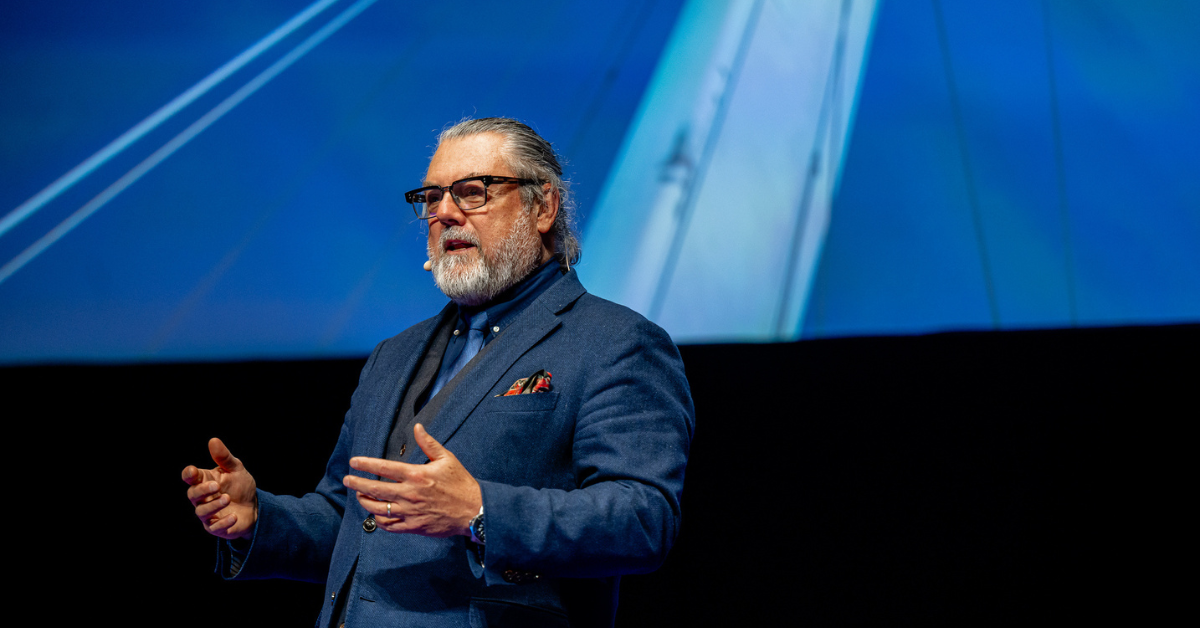
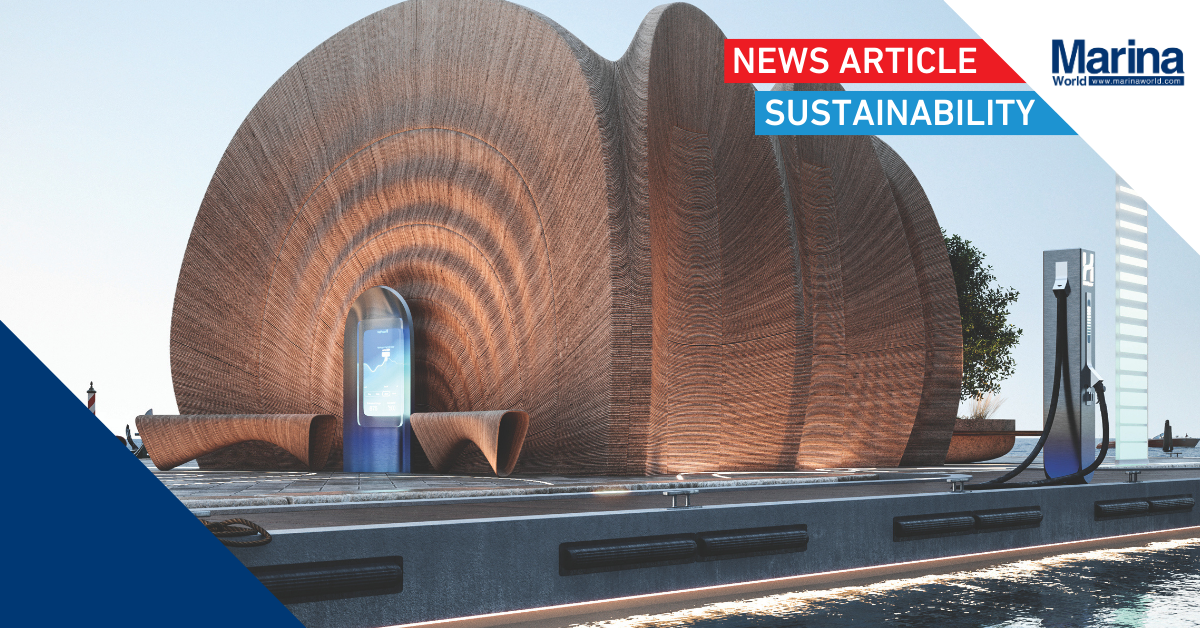
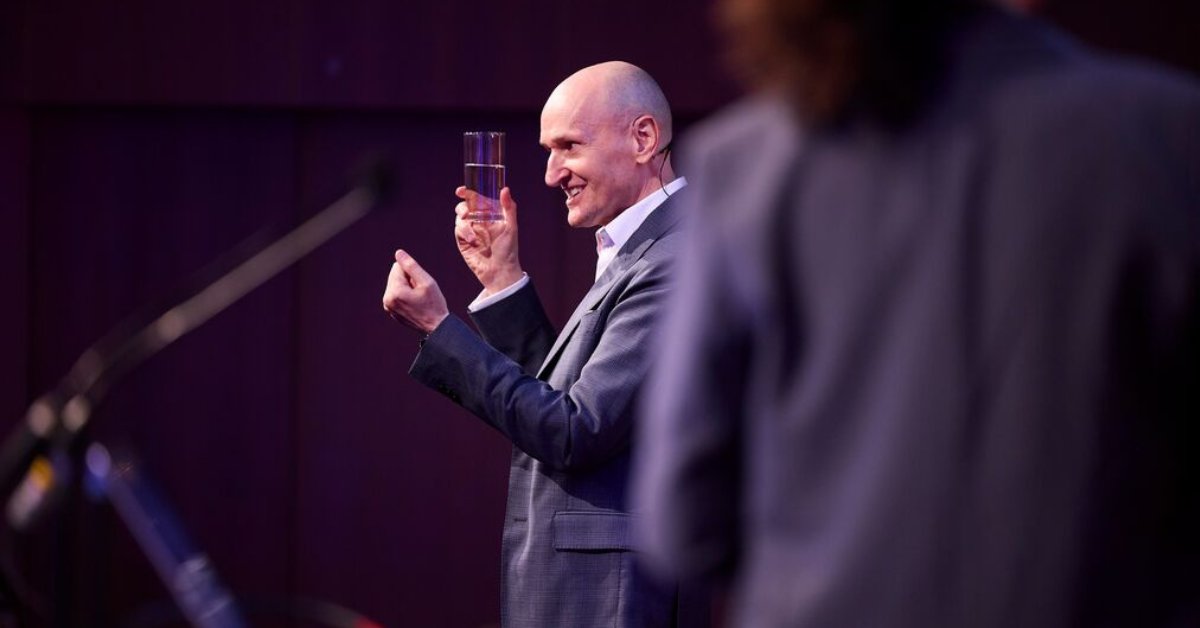
.jpg?h=400&iar=0&w=1200)
